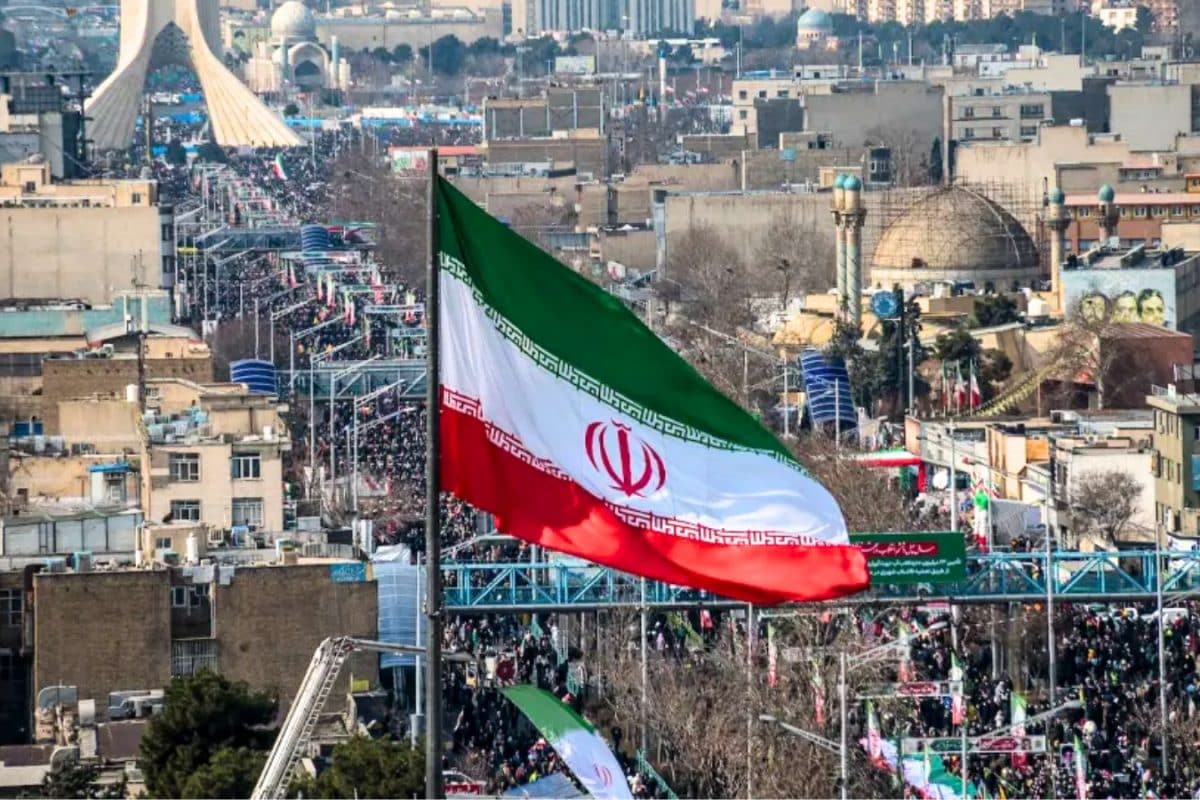

Iran has strongly condemned the United States for what it describes as the weaponization of sanctions, accusing Washington of using these measures as a tool against India and the broader Global South. This accusation comes in the wake of recent U.S. sanctions imposed on several Indian companies for allegedly trading in Iranian petroleum and petrochemical products.
The U.S. Department of State announced sanctions on 20 entities globally, including six Indian firms, for their involvement in the Iranian petrochemical trade. The U.S. alleges that these companies engaged in "significant transactions" related to the purchase, sale, or transport of Iranian petrochemicals, thereby violating existing U.S. sanctions under Executive Order 13846. The sanctioned Indian companies are Kanchan Polymers, Alchemical Solutions Pvt Ltd, Ramniklal S Gosalia and Company, Jupiter Dye Chem Pvt Ltd, Global Industrial Chemicals Ltd., and Persistent Petrochem Pvt. Ltd. These companies are accused of importing Iranian-origin petrochemicals such as methanol, toluene, and polyethylene. Alchemical Solutions Private Limited, for instance, is accused of importing Iranian petrochemical products worth over $84 million between January and December 2024. Similarly, Global Industrial Chemicals Limited allegedly imported Iranian petrochemical products worth over $51 million between July 2024 and January 2025.
According to the U.S. State Department, these transactions generate billions of dollars in illicit funds for Iran's "destabilizing activities". The U.S. maintains that the Iranian regime uses this revenue to fuel conflict in the Middle East, support terrorism, and oppress its own people. As a result of the sanctions, any property or interests of the designated companies within the United States or under the control of U.S. persons are now blocked. Furthermore, U.S. persons and entities are restricted from engaging in transactions with these firms unless authorized by the Office of Foreign Assets Control (OFAC).
Iran views these sanctions as a violation of its sovereignty and a form of economic imperialism. The Iranian Embassy in New Delhi stated that resisting such policies is a stand for a more powerful, emerging non-Western-led multilateral world order and a stronger Global South. This perspective aligns with Iran's broader narrative of challenging U.S. hegemony and advocating for a multipolar world.
The sanctions against Indian companies also raise concerns about India's energy security and its relationship with both the U.S. and Iran. India relies on imports to meet over 85% of its crude oil needs, and Russia has become a major supplier in recent years, following Western sanctions on Russia due to the Ukraine conflict. Previously, India had to reduce its oil imports from Iran in 2019 due to U.S. sanctions threats. The current situation presents a dilemma for India, requiring it to balance its energy needs with its foreign policy objectives and its relationships with key global players.
The U.S. has a history of using sanctions as a foreign policy tool, often targeting countries like Iran to curb their nuclear ambitions or destabilizing activities. However, these sanctions can have far-reaching consequences, affecting not only the targeted countries but also their trading partners and the global economy. Iran views the sanctions as unjust and a violation of international law, arguing that they impede its economic development and harm its people.